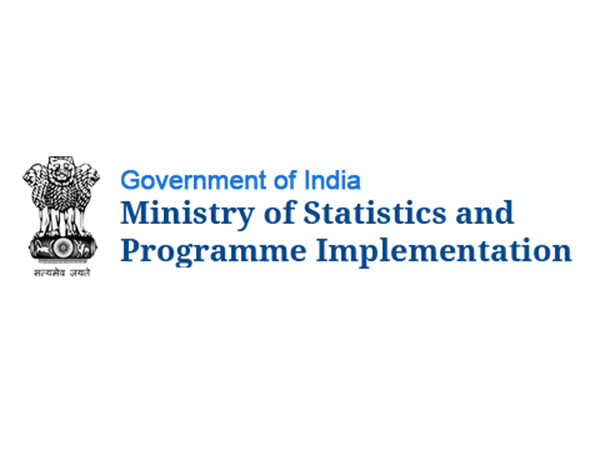In a landmark step to bridge critical data gaps in the Indian economy, the Ministry of Statistics and Programme Implementation (MoSPI) has announced that the National Sample Survey (NSS) will undertake its first full-fledged Household Income Survey in 2026. The initiative, announced today, aims to generate detailed insights into income distribution and assess the impact of structural changes in the Indian economy over the last 75 years.
Since its inception in 1950, the NSS has built a global reputation for its wide-ranging and methodically rigorous household surveys, conducted on an annual and quarterly basis. However, despite this legacy, the NSS has yet to implement a nationwide survey focused solely on income distribution. Past attempts, including pilot surveys and efforts in the 9th and 14th rounds in the 1950s, and more structured surveys on receipts and disbursements in the 19th and 24th rounds during the 1960s and 70s, failed to yield reliable data. The key issue was the consistent underreporting of income compared to household consumption and savings.
Recognizing the growing importance of understanding household income for policy design and economic planning, the Ministry has now resolved to address these long-standing limitations. This survey forms part of a broader initiative by MoSPI to strengthen India’s statistical infrastructure, which has recently included annual surveys on the unincorporated and services sectors, private capital expenditure, and domestic travel and tourism.
To guide the successful execution of this ambitious survey, MoSPI has constituted a Technical Expert Group (TEG) under the chairmanship of Dr. Surjit S. Bhalla, former Executive Director for India at the International Monetary Fund. Drawing from international best practices adopted in countries such as Australia, the United States, Canada, and South Africa, the TEG will oversee the conceptual framework, survey methodology, sampling design, and estimation techniques. It will also guide the integration of digital technology in measuring wage and income impacts.
The group is empowered to co-opt additional subject matter experts and invite special invitees to its meetings as needed, ensuring a robust and inclusive consultation process.










